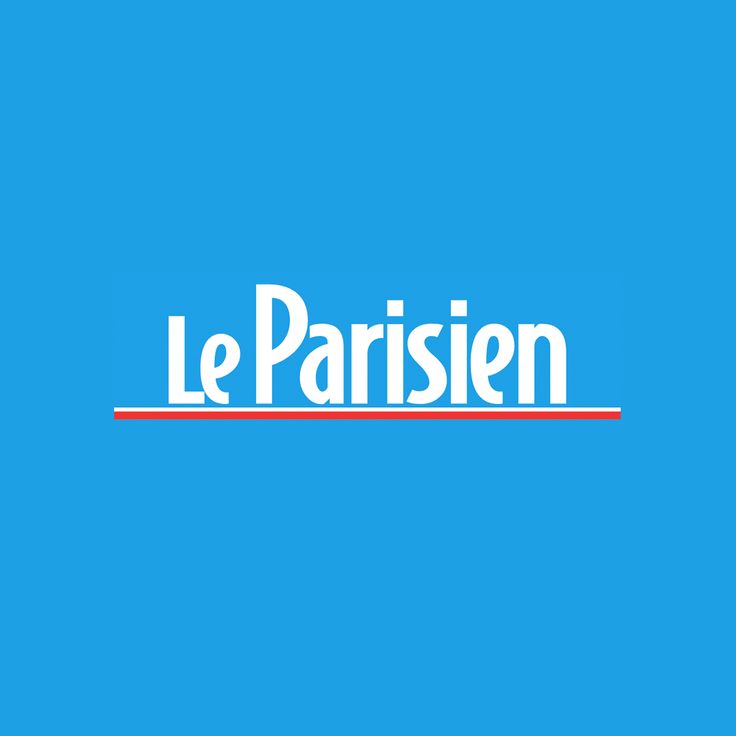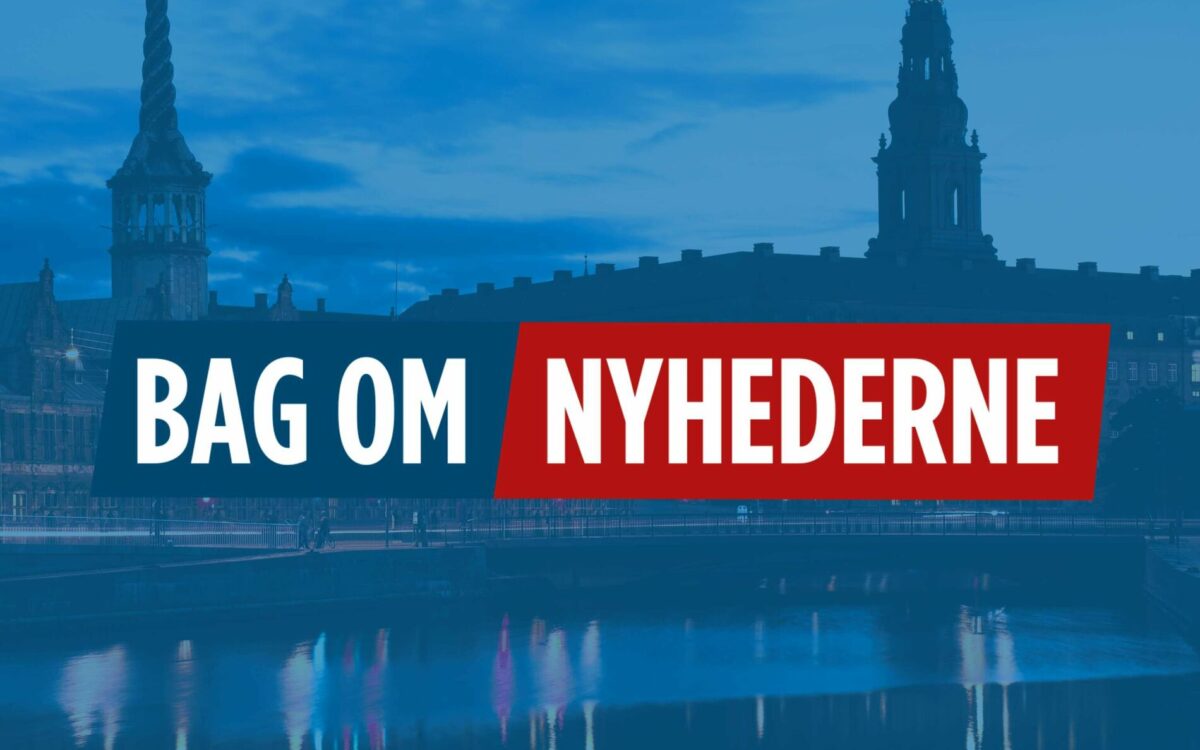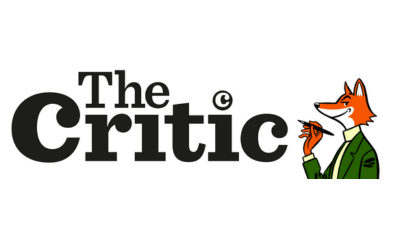EPICENTER in the Media
February 26, 2025
In 'Le Parisien', an article featured research by Institute économique Molinari, EPICENTER's French member think tank, from our report 'Reviving Europe's Competitive Edge' on the necessity for European governments to switch to a marketised system of pension funding.
February 18, 2025
Our Director, Adam Bartha, the EU lacks geopolitical strength due to economic stagnation and weak military deterrence. To influence Ukraine’s future, it must prioritise economic growth, defence spending, and stronger institutional structures, possibly through a coalition of willing nations.
February 13, 2025
On CEPOS' 'Bag Om Nyhederne' podcast, our paper 'Reviving Europe's Competitive Edge' featured in a discussion on whether the EU's recent competitiveness compass can successfully increase productivity.
February 11, 2025
Line Andersen, Economist at CEPOS, recently commented in 'Børsen' on the growing consensus that the productivity problem is the cause of the economic slowdown in the EU. However, the proposed solutions are sometimes questionable.
February 7, 2025
IME's Petar Ganev recently appeared on Bloomberg TV in a studio interview to discuss findings from EPICENTER's recent paper 'Reviving Europe's Competitive Edge'. In it, Petar argued how Central and Eastern Europe shows how the EU can compete with China and the US.
February 4, 2025
In a Forbes article, Petar Ganev from Institute for Market Economics, our Bulgarian member think tank, wrote on the EU's stagnation, while Central and Eastern Europe thrive. Brussels now prioritises competitiveness, but reforms must move beyond rhetoric to meaningful deregulation, tax reduction, and market liberalisation.
February 3, 2025
In The Critic, an article by the IEA's Harrison Griffiths used our competitiveness paper to argue that Western Europe’s stagnation stems from complacency, risk-aversion, and interest group appeasement. Recent EU and UK reforms suggest a potential shift toward growth-focused policies, but lasting change remains uncertain.
January 31, 2025
A Brussels Report article presented EPICENTER's EU competitiveness paper which argued that the EU’s competitiveness is declining due to slow growth, demographic stagnation, and regulatory burdens. Proposed reforms focus on deregulation, innovation, capital markets, and Single Market revitalisation, but financing and fiscal issues remain unresolved.
January 24, 2025
Research from KEFiM, EPICENTER's Greek member think tank, appears in Dnews drawing attention to this debt that arises from pension obligations to workers in both the public and private sectors, obligations that are not accounted for in the Maastricht debt criterion used across the EU.








